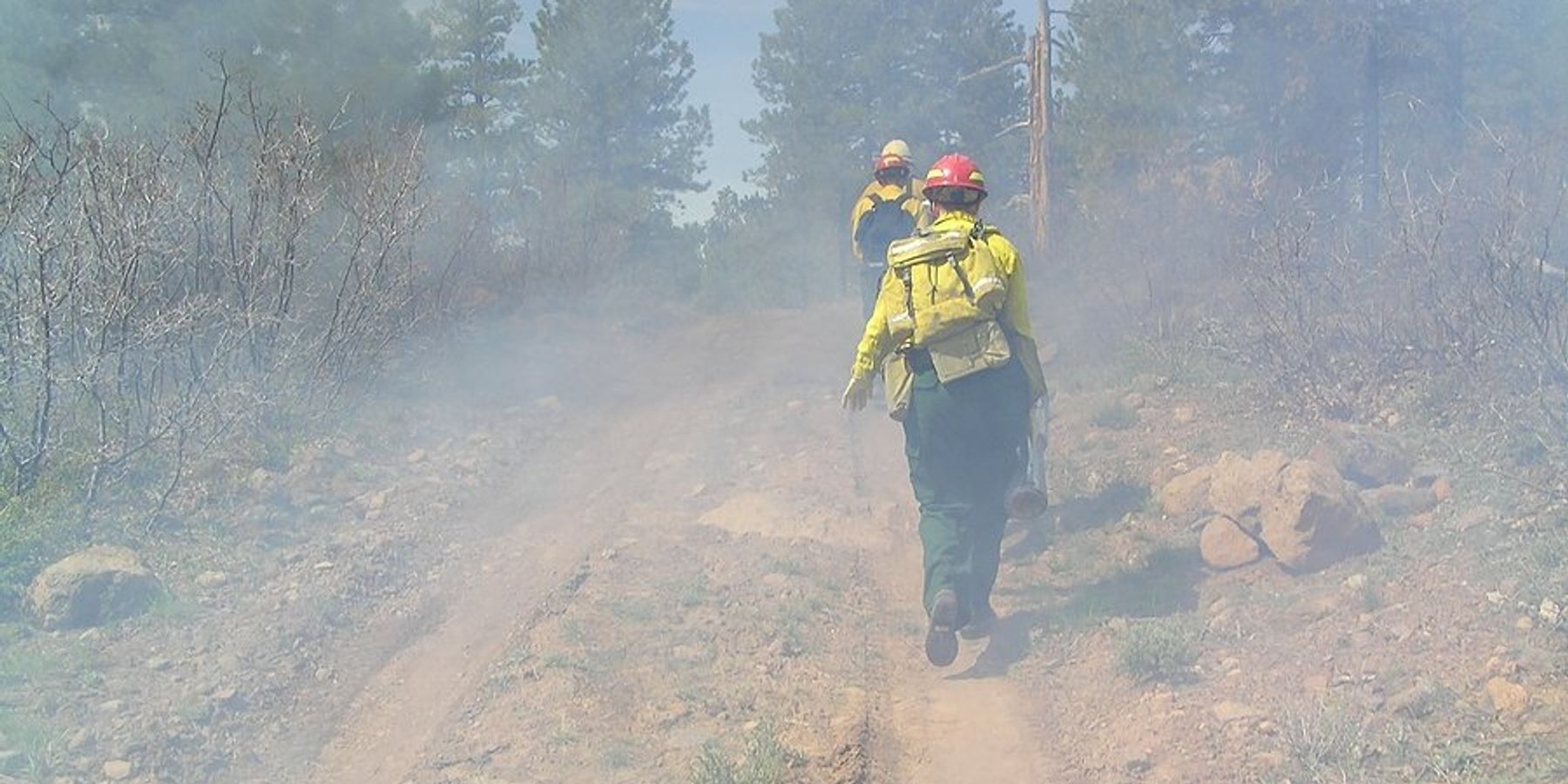
Wildland firefighters face growing health crisis from toxic smoke exposure
Wildland firefighters across the U.S. are suffering from chronic illnesses, including cancer and lung damage, after repeated exposure to toxic wildfire smoke without protective masks — and the U.S. Forest Service has resisted calls for change for decades.
Hannah Dreier reports for The New York Times.
In short:
- The U.S. Forest Service has refused to provide wildfire crews with respirator masks, despite decades of research linking smoke exposure to cancer, lung disease, and heart conditions. Internal documents show concerns that acknowledging the risk would force costly operational changes.
- Firefighters report developing serious illnesses — including non-Hodgkin lymphoma, chronic obstructive pulmonary disease, and needing lung transplants — often in their 20s, 30s, and 40s. Some struggle to get workers' compensation or continue chemotherapy while navigating broken safety systems.
- Other countries like Canada and Australia already use half-face respirators, but the Forest Service claims masks could lead to overheating, even though international experts and studies dispute that. Many firefighters say they would wear masks if provided.
Key quote:
“We’re lying to our people, and we’re lying to the public.”
— Julian Affuso, former wildfire risk manager for the Forest Service
Why this matters:
As wildfires intensify with climate change, wildland firefighting has evolved into a year-round, high-risk occupation. But the protective standards haven’t caught up. Wildfire smoke is a chemical cocktail of fine particulates and carcinogens, especially when homes, vehicles, and synthetic materials burn. These toxins damage lungs, strain hearts, and can trigger cancers in young, otherwise healthy workers. While city firefighters benefit from strict protective gear mandates, their counterparts in the wilderness rely on bandannas and false assurances. The disconnect reveals a dangerous gap in federal oversight and workplace protections, with deadly consequences for tens of thousands of public servants risking their health in ever-harsher fire seasons.
Read more: Wildland firefighters face a national crisis amid low pay and high risks













